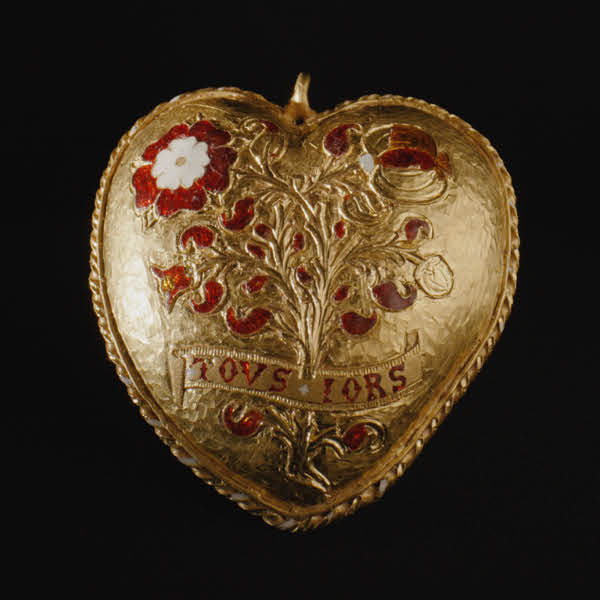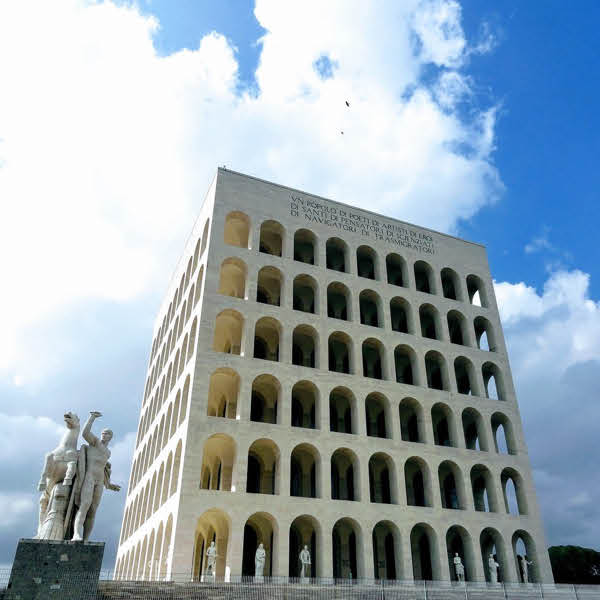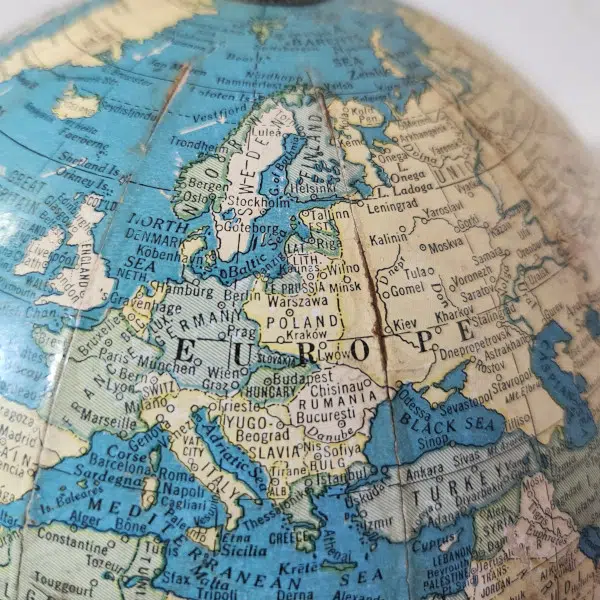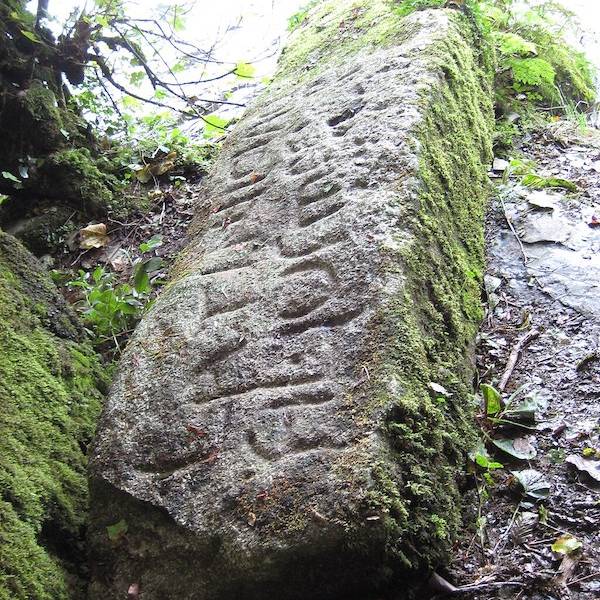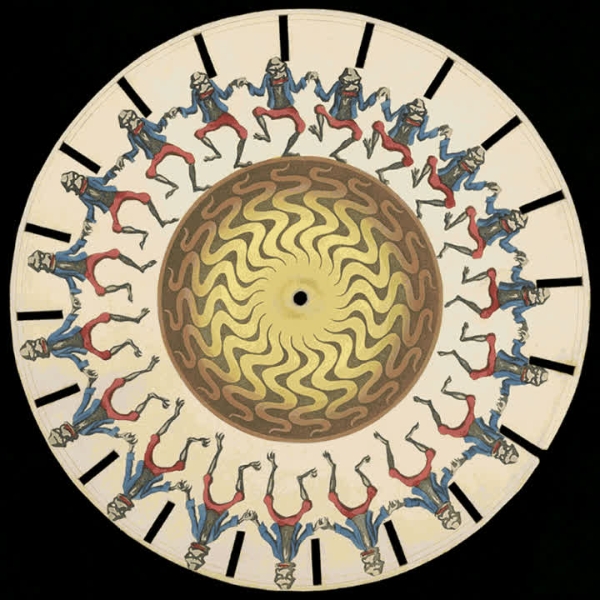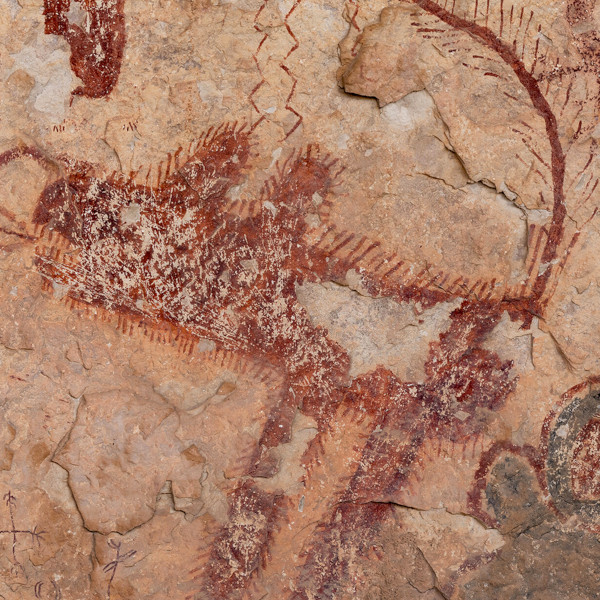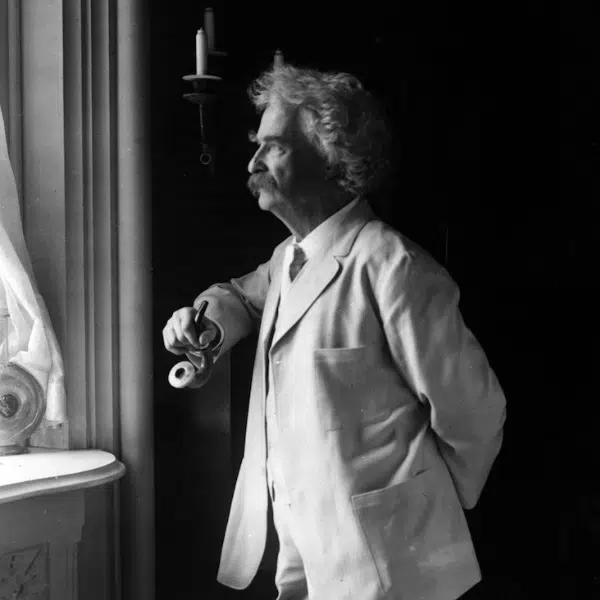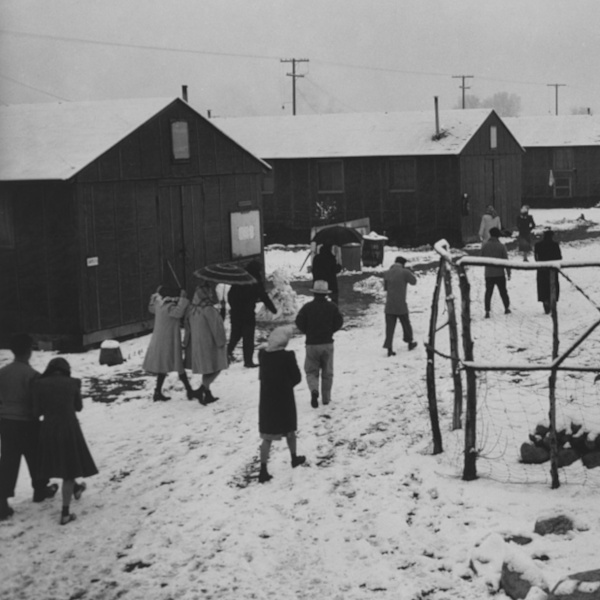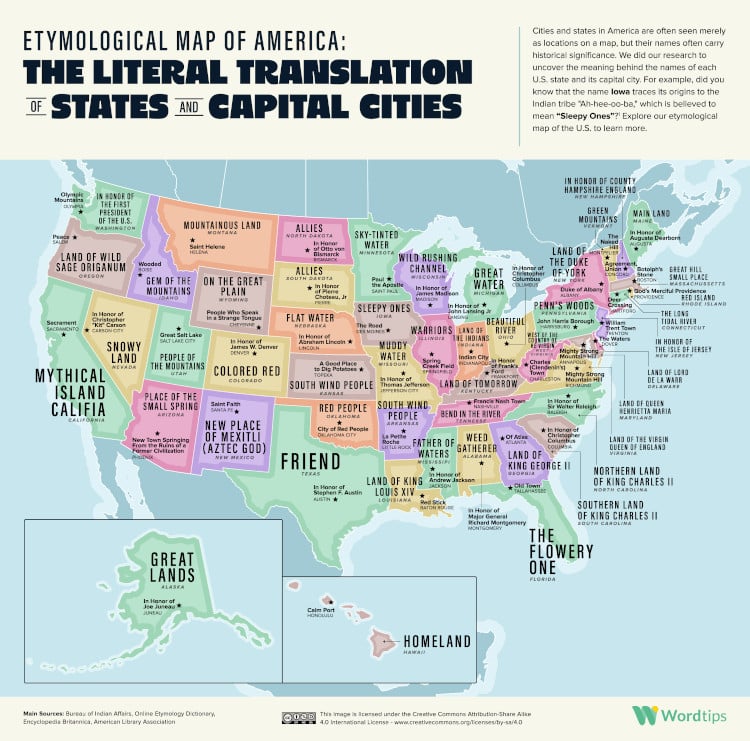
Do you know why the place you live is named what it’s named? Some have straightforward origins, while others leave even those who have been there for decades scratching their heads. In an effort to unravel the meaning behind state and city names across the U.S., WordTips has created a map featuring the literal translations of their names—opening a window to the history of each area.
“To know the meaning of the place names around us is to learn how the land, the history and the culture of a locality have developed over the centuries,” writes the WordTips team. To find these answers, they turned to etymology, as well as the Bureau of Indian Affairs, the Encyclopedia Britannica, the American Library Association, and regional news reports, looking for at least two sources for each “literal translation.” In the end, they uncovered the meaning of all U.S. state names, each U.S. state's capital city, and 178 of America’s biggest cities.
“While many state names derive from Native history and/or the features of the land, some bear the marks of colonialism,” shares WordTips. For example, The Carolinas get their name from King Charles II and his father, Charles I, and their state capitals were named after European explorers Sir Walter Raleigh and Christopher Columbus. Meanwhile, “Minneapolis” comes from “Minne,” the Sioux word for water, combined with the Greek suffix “polis,” which means “city.”
Other bits of history that stand out in state and city names are the cases of Seattle and Chicago. The former means “Land of Chief Si'ahl,” making it the only major city named after a Native Chief. As for Chicago, its most common accepted origin is the Algonquin word “shikaakwa,” meaning “striped skunk” or “onion,” the latter of which was spotted in abundance by early explorers around Chicago's lakes.
French and Spanish colonizers also left an imprint via the names they chose, especially in the southern U.S. Most major cities in California hold a Spanish name that pays tribute to a Catholic figure, such as San Diego (a Spanish friar) or San Francisco (Saint Francis). “Los Angeles” comes from “El Pueblo de Nuestra Señora la Reina de Los Ángeles” (The Town of Our Lady the Queen of Angels), in reference to the Virgin Mary. On the other hand, Louisville, Kentucky, was named after the French king Louis XVI, while Louisiana owes its name to his great-great-great grandfather, King Louis XIV.
Many states and places are also named after people. Washington State pays tribute to the first U.S. president, but other places honor more obscure figures. Cincinnati's name comes from Roman statesman Lucius Quinctius Cincinnatus; while Bismarck, North Dakota, is named after Otto von Bismarck, known as “the founder of modern Germany.”
Learn more about your hometown and your favorite American destinations by exploring the maps below.
WordTips has created a map featuring the literal translations of U.S. state and city names—opening a window to the history of each area.
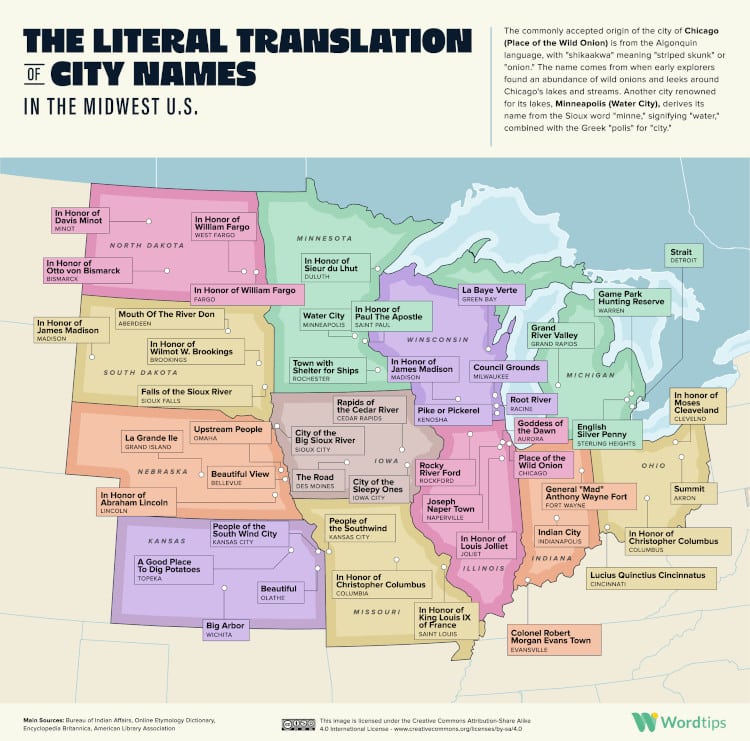
“To know the meaning of the place names around us is to learn how the land, the history and the culture of a locality have developed over the centuries.”
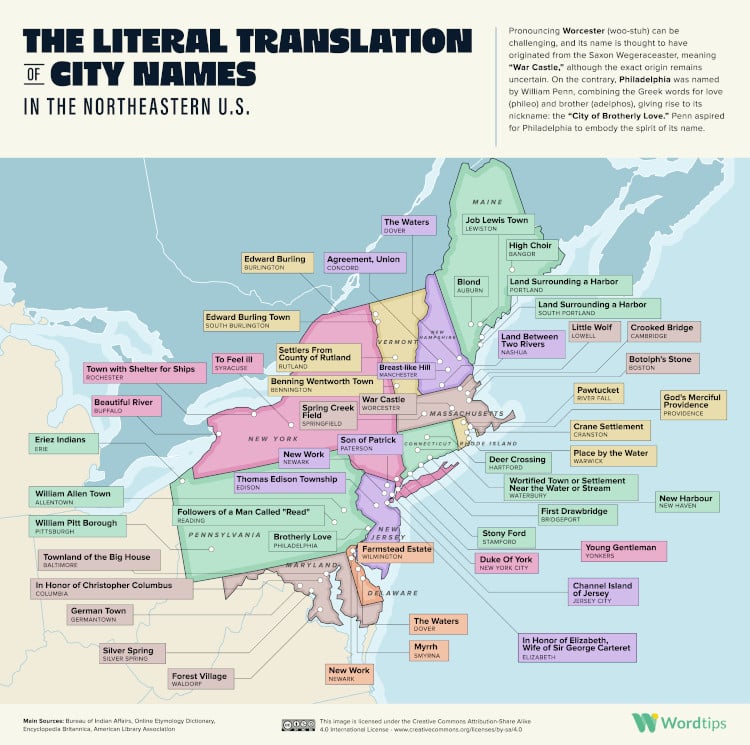
To find these answers, they turned to etymology, as well as the Bureau of Indian Affairs, the Encyclopedia Britannica, the American Library Association, and regional news reports.
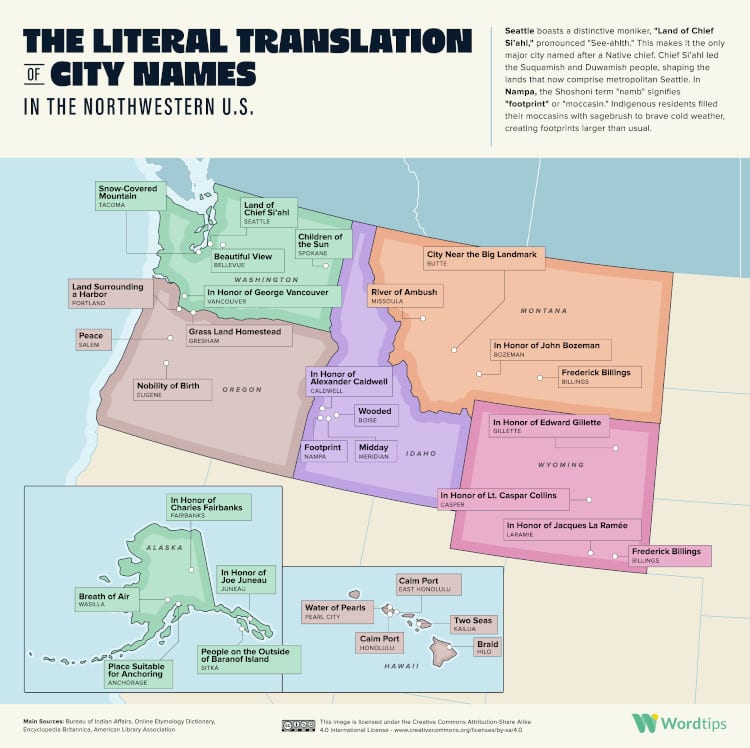
In the end, they uncovered the meaning of all U.S. state names, each U.S. state's capital city, and 178 of America’s biggest cities.
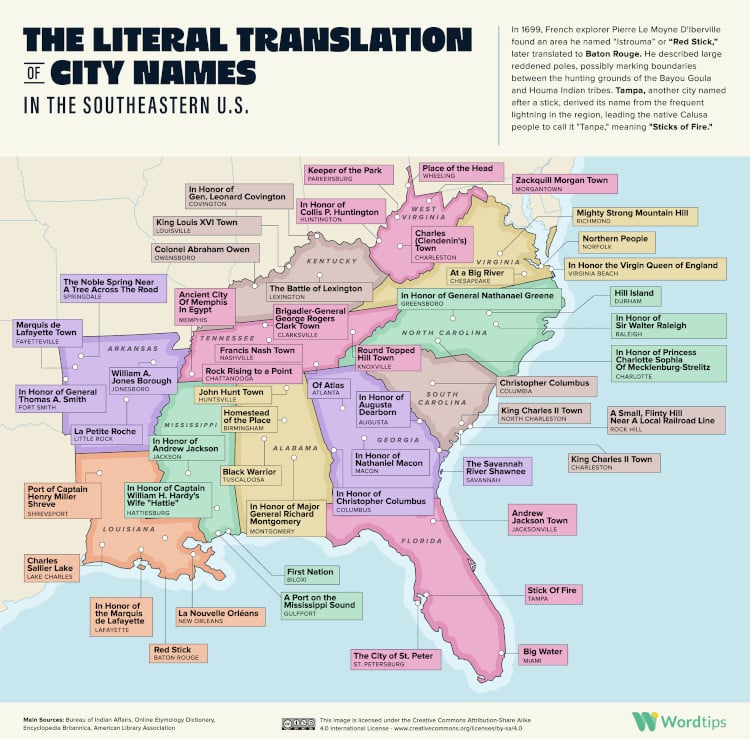
what are the origins of the name of the place you live in?
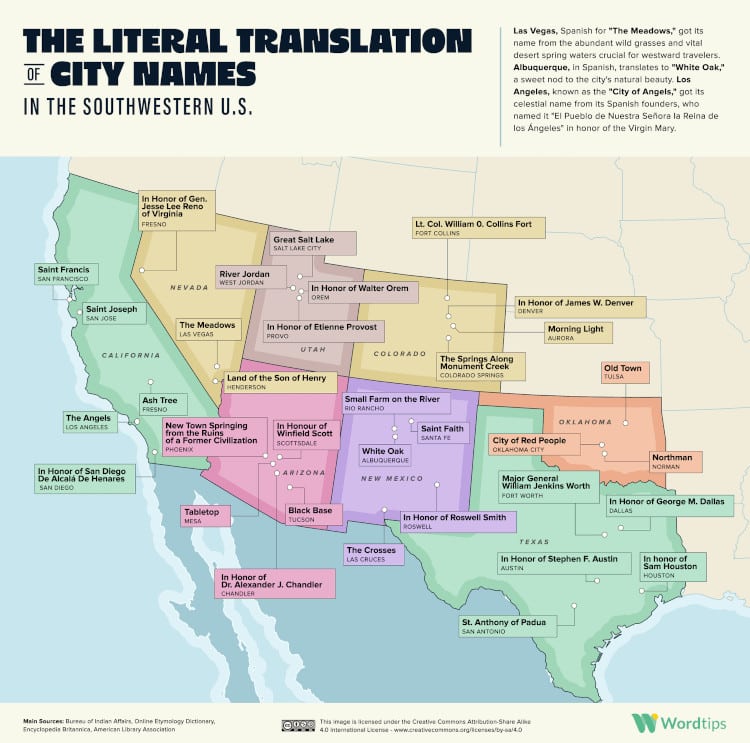
WordTips: Website
All images via WordTips
Related Articles:
Colorful “Map of Plants” Visualizes the Complex Diversity and Evolution of Our Planet’s Flora
3D Maps Visualize the Stark Population Density Differences in Cities in the U.S.
Explore the Impressively Accurate Medieval World Map by a 12th-Century Islamic Scholar
Insightful Map Reveals Different Etiquette Practices Around the World











































































